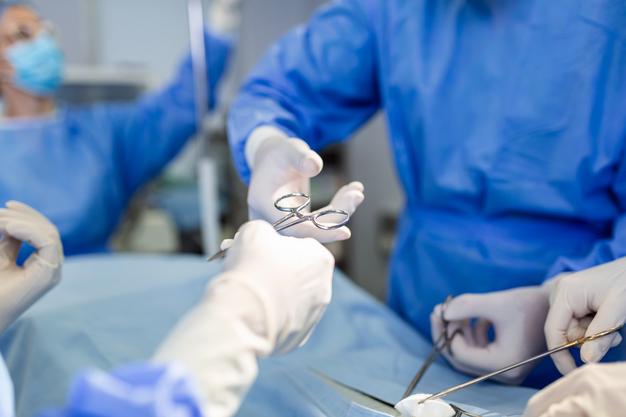Crohn’s Disease
Crohn’s Disease is a debilitating gastrointestinal disease that causes chronic inflammation of the gastrointestinal tract. A form of inflammatory bowel disease, an estimated 700,000 people are believed to have Crohn’s Disease in the U.S. alone. The condition affects both genders and people of all ages, though it is most prevalent among young adults and adolescents. People with Crohn’s Disease have altered immune systems that perceive healthy bacteria as a threat, causing the body to constantly fight these organisms. Over time, the walls of the intestines thicken and suffer irreversible damage.

